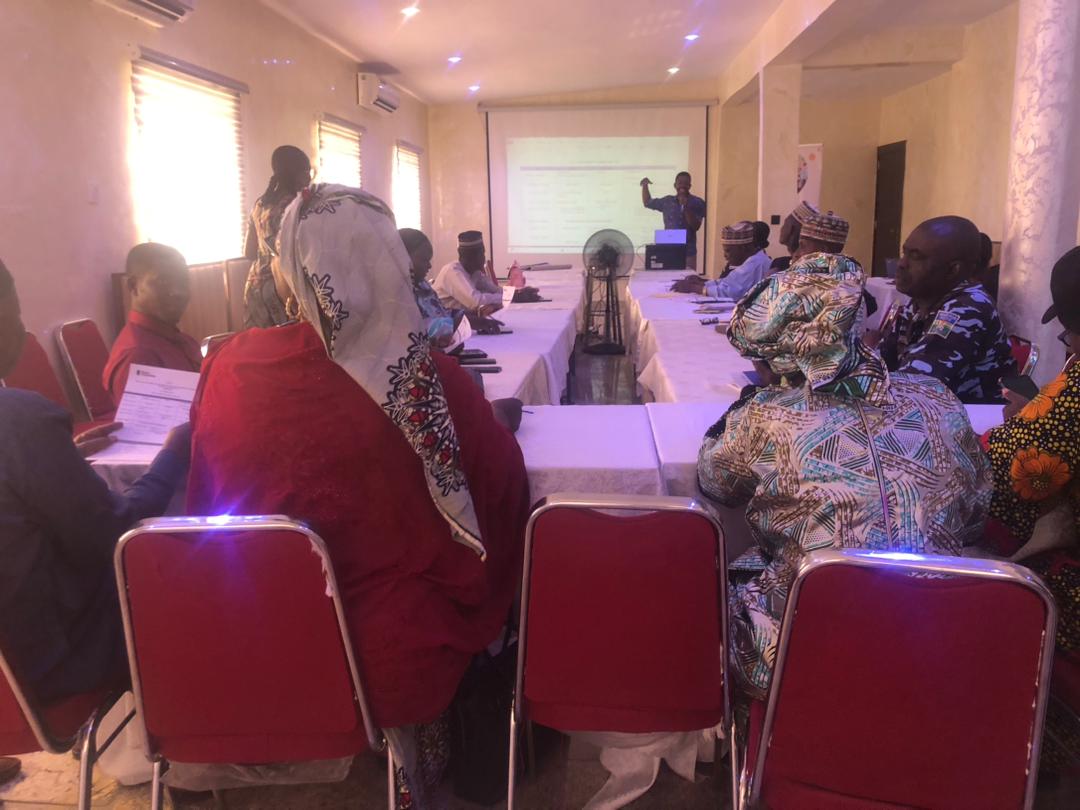SFCG Dialogue With Stakeholder on Collaborative Approaches to Mitigating Farmer, Herder Conflicts in Adamawa
By Ojoma Yusuf,Yola
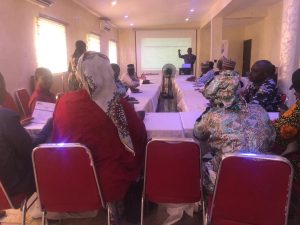 In a bid to address the longstanding farmer-herder conflict in Adamawa State, Search for Common Ground (SFCG), supported by the European Union (EU), organized a one day advocacy round table discussion for key stakeholders.
In a bid to address the longstanding farmer-herder conflict in Adamawa State, Search for Common Ground (SFCG), supported by the European Union (EU), organized a one day advocacy round table discussion for key stakeholders.
By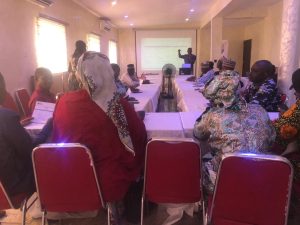
The event, as noticed by our reporter, is aimed at promoting collaboration in identifying and responding to early warning signs of conflict through Early Warning Early Response (EWER) mechanisms.
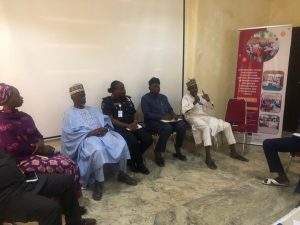 The workshop brought together a diverse group of participants, including community leaders, local government officials, security agencies, farmers, herders, and representatives of various peacebuilding organizations.
The workshop brought together a diverse group of participants, including community leaders, local government officials, security agencies, farmers, herders, and representatives of various peacebuilding organizations.
Key stakeholders such as the Community Response Networks (CRN), Community Security Architecture Dialogues (CSAD), Peace Architecture Dialogue (PAD), Adamawa Forum for Farmers and Herders (AFFAHR), government agencies, and civil society organizations were also actively involved under the COMITAS II Project.
The two-year COMITAS II initiative, as gathered by our reporter, has impacted 32 communities across nine local government areas in Adamawa and Taraba States, including Girei, Lamurde, Guyuk, Shelleng, Zing, Lau, Numan, Demsa, and Mayo-Belwa.
The project has fostered peaceful coexistence and dialogue among residents, significantly improving community relationships.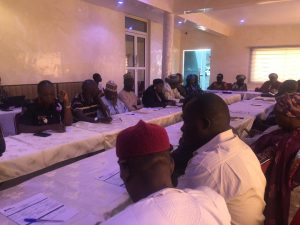
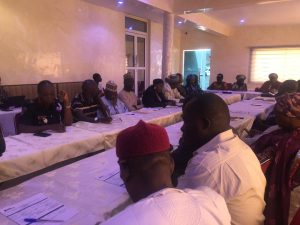
During the event, stakeholders were trained on recognizing early warning signs of conflict and effectively communicating them to relevant agencies for swift action.
Solomon Adejo, the EWER Coordinator for Adamawa State, emphasized the importance of sustaining the collaboration fostered by the project.
“The COMITAS Phase II project is wrapping up, but we urge stakeholders to maintain the linkages established to ensure continuous identification and response to early warning signs,” he said.
Vidan Albert Jaule, Chairman of the Peace Architecture Dialogue (PAD) Forum in Adamawa, applauded the project’s impact, stating that, “the initiative has brought tremendous progress. Farmers and herders can now share meals and work together in harmony,” he remarked, urging stakeholders to uphold the peace achieved through the program.
Dr. Jamila Suleiman, from the Center for Peace and Security at Modibbo Adama University, also highlighted the importance of dialogue over violence in sharing environmental resources.
“Peaceful coexistence is essential for addressing food insecurity and ensuring communal living free of conflict,” she stated, calling on farmers and herders to embrace dialogue as a sustainable solution.


